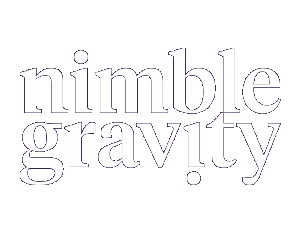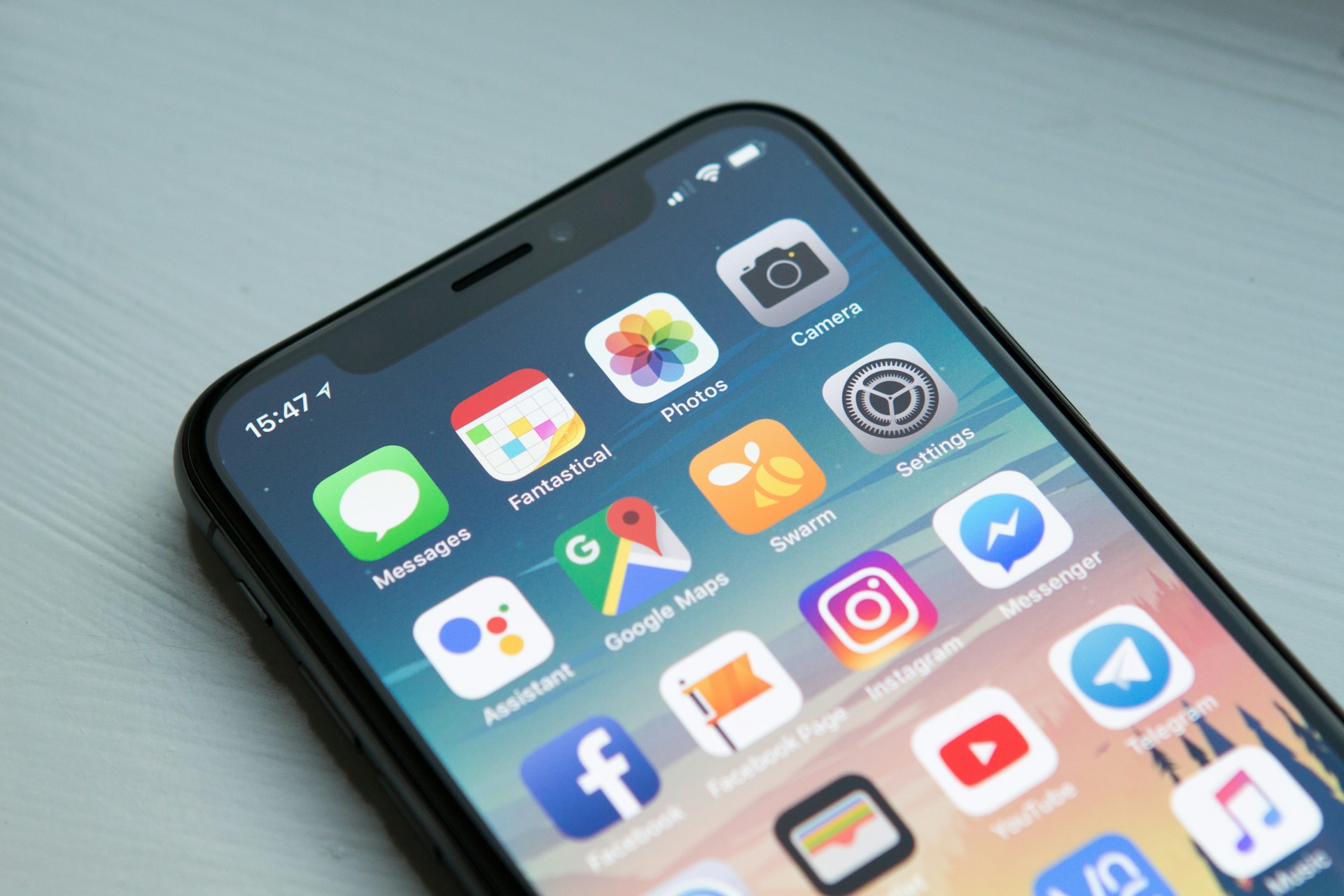Artificial Intelligence is reshaping the way mobile apps are discovered, used, and monetized. From the algorithms behind app store rankings to personalized in-app experiences, AI is becoming the engine that drives competitive advantage.
And the mobile ecosystem is rapidly adapting. According to Sensor Tower’s State of AI Apps Report 2025, apps from different categories are adding AI to their features, and user engagement with ‘AI Enabled’ apps is growing Month-over-Month.
With the use of AI Assistants and other Gen AI content generators, user expectations are shifting toward personalized, predictive experiences. With multiple brands fighting for the same market segment, a single competitor taking advantage of this ‘AI wave’ can disrupt the market.
AI-Enabled Apps Are Growing Fast
The AI boom isn’t limited to flagship names. A growing number of mobile apps — from photo editors to productivity tools — now highlight AI features in their app store descriptions.
Downloads of AI-enabled apps have surged from near-zero in early 2022 to over 1.5 billion in the first half of 2025.
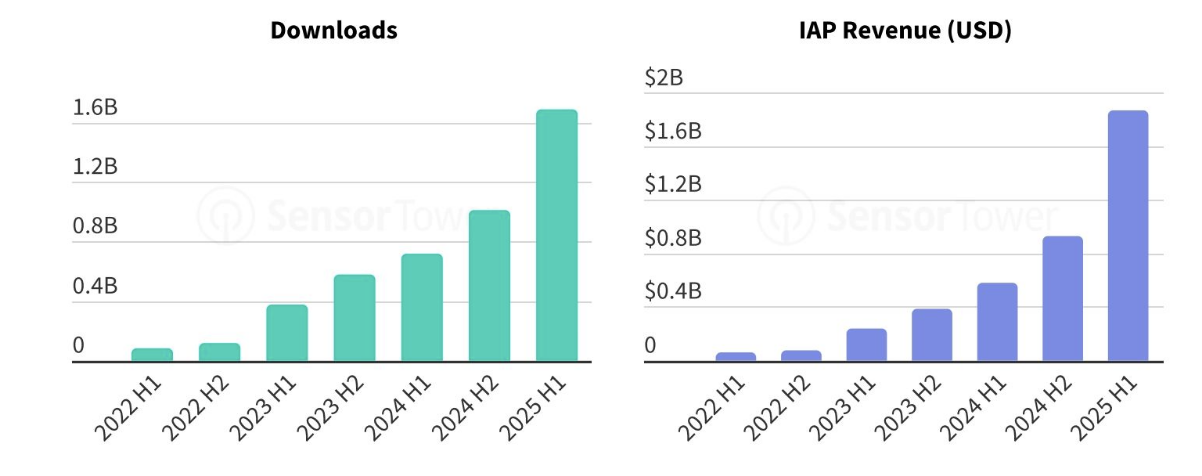
Revenue tells a similar story. In-app purchase (IAP) revenue for AI-enabled apps reached nearly $1.8 billion in the first half of 2025 alone. AI features aren’t just attracting users — they’re converting them into paying customers.
AI Assistants Are Leading the Charge
Within generative AI, not all subgenres are growing equally. Since early 2023, AI assistant apps (e.g., ChatGPT, Copilot) have taken a larger share of total generative AI downloads, pulling ahead of AI content generators like image and text creation tools.
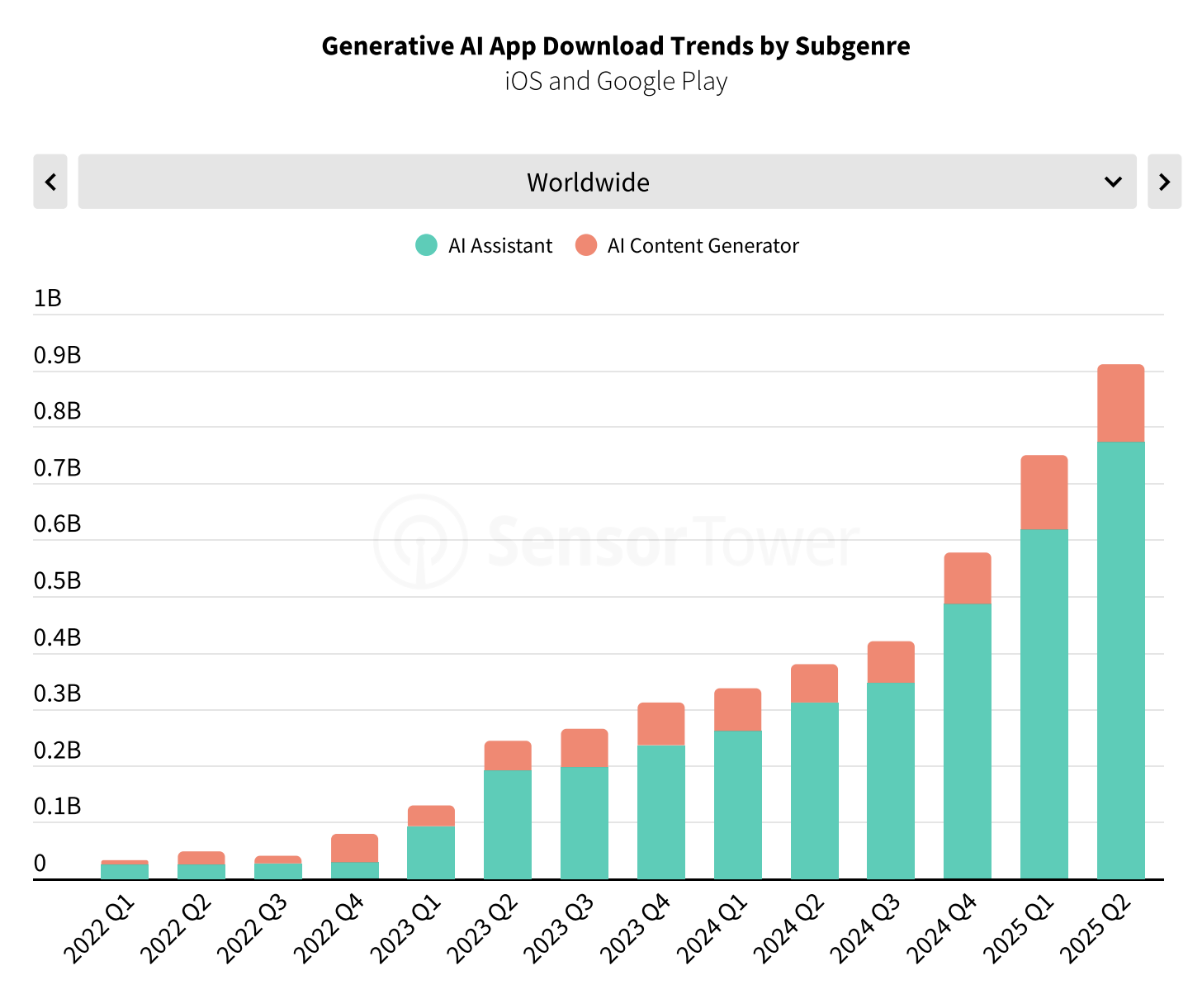
Key takeaways:
- AI assistants dominate downloads, reflecting preference for interactive, multi-purpose experiences
- AI content generators still grow but at a slower rate
- The gap has widened since 2024, making assistants the primary entry point for AI adoption
AI Assistants Are Winning on Engagement Too
Market share is one thing — engagement is another. Looking at average days used per month on Android, AI assistants like ChatGPT and DeepSeek consistently outperform content generator apps.
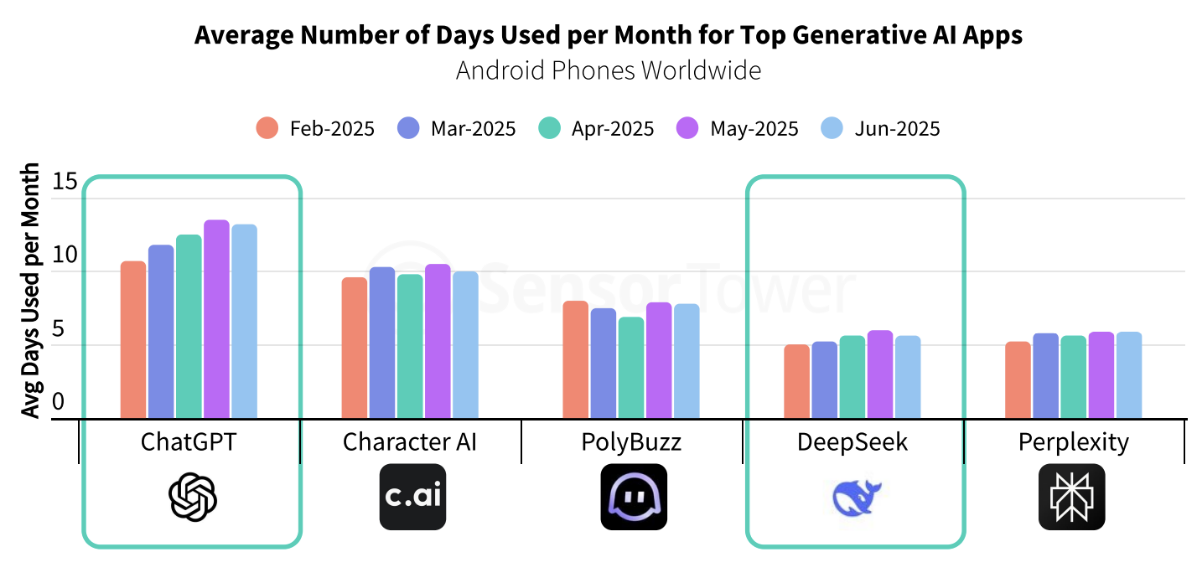
Higher engagement means:
- Stronger retention and habit-building
- Greater monetization potential through subscriptions and upsells
- A deeper role in users’ daily workflows
More Apps Are Branding Themselves as AI-Powered
The AI wave isn’t just about actual capabilities — it’s also about how apps present themselves. Thousands of apps across categories now include AI-related terms in their app store listings, signaling innovation and riding the consumer AI wave.
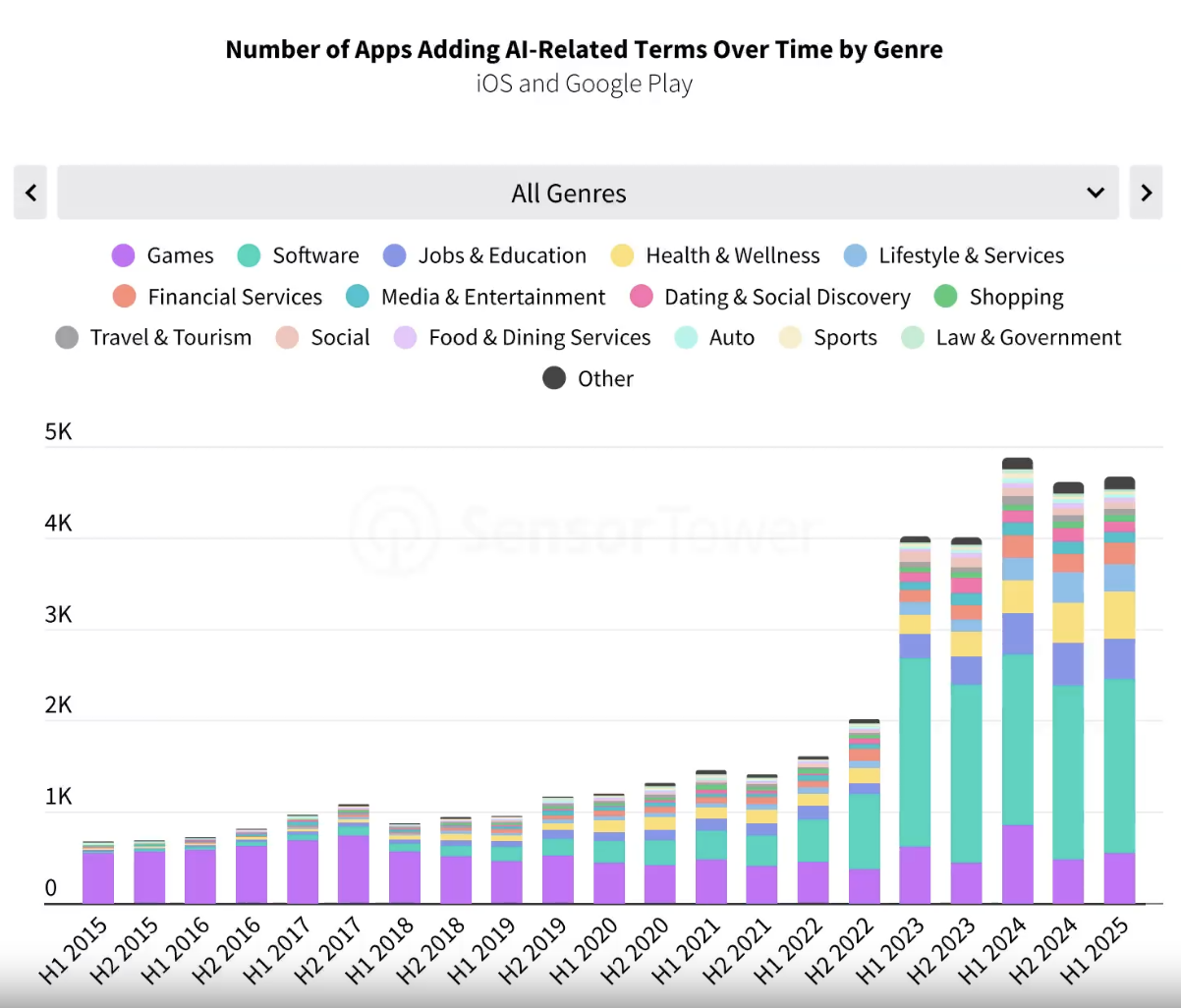
Top growth categories include:
- Software & productivity, driven by code assisting tools
- Health & wellness, due to the integration of image recognition features like ‘picture based calory counter’ for meals.
- Lifestyle & services
- Games
The message is clear: AI has become a marketing differentiator as much as a technology shift.
What This Means for Developers and Brands
The data paints a clear picture:
- AI is not optional — it’s becoming a baseline expectation in mobile experiences.
- AI assistants are emerging as the most valuable real estate in the mobile AI ecosystem.
- Engagement metrics suggest AI tools that become part of daily routines will have the strongest monetization potential.
- Branding your app with AI features — and delivering on that promise — can boost both discoverability and user acquisition.
Final Thought
We are in the middle of a mobile AI gold rush. The winners will be those who not only integrate AI features but also create meaningful, sticky experiences that users return to daily. Whether you’re building the next AI assistant or enhancing an existing app with smarter capabilities, now is the time to act — before AI-powered competition leaves you behind.

